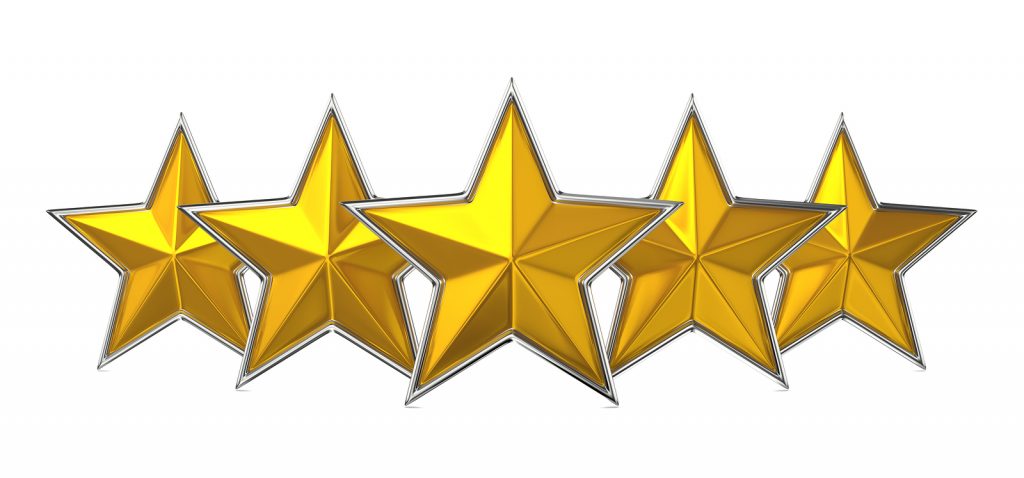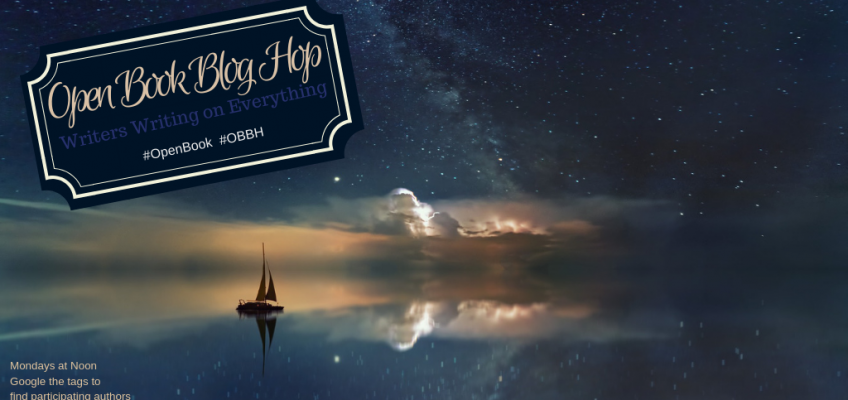
Welcome to another #OpenBook blog hop. Here’s this week’s prompt.
Do you read your book reviews? How do you deal with bad or good ones?
Reviews are important, getting them is never easy. All my books have a note in the back asking for a review. I make the point that it doesn’t have to be long, or intellectual. I appreciate all comments, a couple of words is more than enough.
Regarding what the reviews have to say,
I think the most important thing to remember is that any sort of creative work, once it has been put out into the wide world it’s no longer really your property. It belongs to the reader and they are entitled to their opinion.
Not only that, because appreciation is subjective, they are entitled to love or hate it. Or any emotion in between. It doesn’t mean that your book (or whatever) is good or bad, only that THEY have an opinion on it. Someone else might think differently and frequently does. I have reviews that say the exact opposite about the same thing in the same book, which tends to prove my point.
Despite that, the issue of good and bad reviews is a contentious subject, there are those that say you need them all to be good ones, while others reckon that a sprinkling of bad adds authenticity. And there are people who celebrate a one-star review as a badge of honour; as if it makes them a member of a special club. Personally, I will take any review, the only thing it proves is that someone was willing to give up their time to pass an opinion, whether it was good or bad is immaterial.
A review of any sort shows that you made someone care, a good one is like a tip in a restaurant. A bad one is a grumpy comment when you get in someone’s way. At the end of the day, all it means is that what I wrote provoked a reaction. And isn’t that a function of art?
I lost a considerable number of reviews when Amazon decided that my Facebook friends were leaving fake reviews at my behest. What they had failed to realise was that they were only my Facebook friends because they had bought the books. Along with many others, I tried to protest. I don’t think I ever spoke to a real person and never got them back.
Which starts a whole new discussion,
I cannot see the justification in removing a review for a product which the reviewer has paid for. Surely the payment gives them a right to offer an opinion? And why shouldn’t people who I’ve sold books to then start following me on social media? Why is that so suspicious? Why does it invalidate their opinion? My family has an opinion on my books, I might not like it but I will defend their right to have it.
Returning to the subject,
I have a look for new reviews every now and then. Because I sell very few books the totals are pretty static, I can quickly scan my author page and spot a new one. I will read it with interest, to see what sort of reaction it has provoked.
That brings us neatly on to content.
The content of reviews can be revealing; often helpful. They might suggest places where the story lags, or even reveal a new way of looking at the narrative. People have often spotted things, connections or deeper meanings, that I never realised I’d written. Occasionally, someone will point out a typo, which can easily be rectified by uploading a correction.
You can spot trends, gain valuable knowledge about what works and what doesn’t. Likes and dislikes. Sometimes, people will even suggest where they would like the story to go in a sequel or prequel. Which is great, as it means that I’m doing something right.
While I can remain pretty calm about negative reviews, I do hate SPOILERS. Why do reviewers have to give away the details of the plot or even the twist?
I choose what to reveal in my blub, I don’t need the crucial bits of the story broadcast in the first or most prominent review.
That’s the only thing that bothers me, the rest is just words. And we all know about them.
I’ll be back on Thursday, with another Indie Showcase.
Please leave a comment below, then check out the rest of the blogs on this hop.



Stevie Turner
Yes, I too have reviews that say exactly the opposite for the same book. I work on the assumption that you can’t please all the people all the time, lol!
Richard Dee
That’s right, you just have to accept it all. It saves you all the angst!
Lyndell Williams
Spoilers are frustrating. I had a couple of readers do that.
Richard Dee
It’s the only thing that really annoys me, apart from when the review reveals that they haven’t actually read ALL of the book.
Lela Markham
Spoilers can be maddening — unless they’re in the first chapter of the first book in the series and then I consider a reader providing me series with a little reveal to entice people in. Some others are frustrating because I want to surprise readers.
On the other hand, I’ve read reviews that were spoilers that made the decision for me whether to read the book or not, so I have mixed feelings on them.
Richard Dee
The worst review, either for spoilers or negative comments, always seems to be the first one you see on the books page. Annoying if it’s taken months of thought to plot it all.
P.J. MacLayne
I think that depends on your settings in Amazon, Richard. If the last review you picked to look at are the bad ones (for any product) then Amazon decided that’s what you want to see. Try choosing to look at the good reviews for a product and see if that changes what Amazon shows you.
Richard Dee
Thanks for the tip, I will try that.
Amy Miller
It makes no sense for Amazon to do that. Reviews help you get paid, and that means they get paid.
Richard Dee
I agree. I lost a considerable number, as did several other authors I know. There is no way to present a case, all you receive are standard form emails which repeat until you give up.